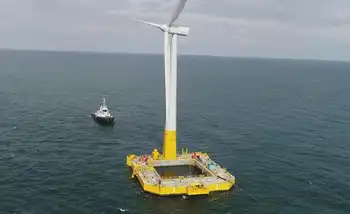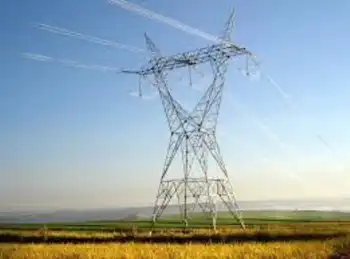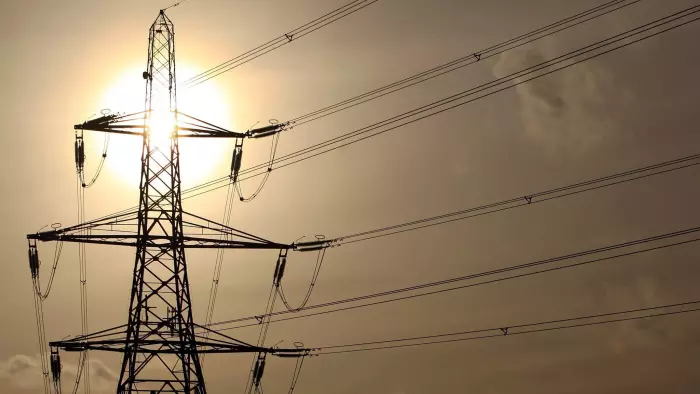ReneSola wins Chinese solar power plant deal
By Reuters
Substation Relay Protection Training
Our customized live online or in‑person group training can be delivered to your staff at your location.

- Live Online
- 12 hours Instructor-led
- Group Training Available
The project, awarded by the Taiyangshan Development Zone near the city of Wuzhong, is subject to a feasibility study and government approval. The company expects to begin work on the four-year project in the Ningxia Hui Autonomous Region in 2010.
Winning the contract to develop the plant, whose 150 MW capacity equates to some of the larger wind farms operating in Europe and the United States, fits the company's strategy of branching out from its core business of solar wafer production.
"Our plan for domestic solar construction is we want to partner with large international solar companies," Chief Executive Xiahshou Li told Reuters. "We want to base our relationship on introducing them to the (Chinese) market, partnering them and having them provide part of the financing."
China's move from simply manufacturing solar products for export toward using them to generate electricity domestically presented an opportunity for new revenue streams, Li added.
His comments came as former British Prime Minister Tony Blair said, following a meeting with Chinese Premier Wen Jiabao, that the country appeared committed to taking stronger steps to contain greenhouse emissions.
A study by some of China's top climate change advisers recommended setting firm targets to limit greenhouse gas emissions and ensure they peak by around 2030.
Ian Osburn, an analyst at Edison Investment Research, said that after a pause in the alternative energy market during the credit crisis, China was starting to invest significant amounts in the sector again.
"The market seems to be still treating alternative energy as a boom-time luxury, like gym membership, but if the scientists are right about climate change, then it's investment that has to happen. With companies like ReneSola there's going to be a return to growth," he said.
The company said last month it had signed a letter of intent with the Yancheng city government in Jiangsu Province to develop a 500-megawatt solar power generation project.
Li said ReneSola was also winning contracts under China's Golden Sun project which offers subsidies for solar production, and that a hoped-for feed-in tariff would likely lead to a dramatic rise in demand for panels from private households.
The new projects will not alter the company's short-term revenue or shipment forecasts.
"We expect a 60-70 percent increase in revenues from the second to the third quarter, but we still need to absorb $85 per kilo of polysilicon inventory costs, and that will lead to losses," Li said in an interview. "We still expect losses for the third quarter."
But inventory costs were likely to fall to $65 to $70 a kilo in the fourth quarter, he added.
Analysts are cautiously optimistic about ReneSola's performance in the medium term.
Nick Edwards of the London brokerage firm Mirabaud said the company had large debts but that diversification and a fall in polysilicon prices would help it to become competitive again after a "pretty torrid time" over the last year or two.
"ReneSola looks like it'll have module costs... (on a par) with some of the better low-cost Chinese producers like Yingli, and better placed than the higher cost European producers," Edwards said.











